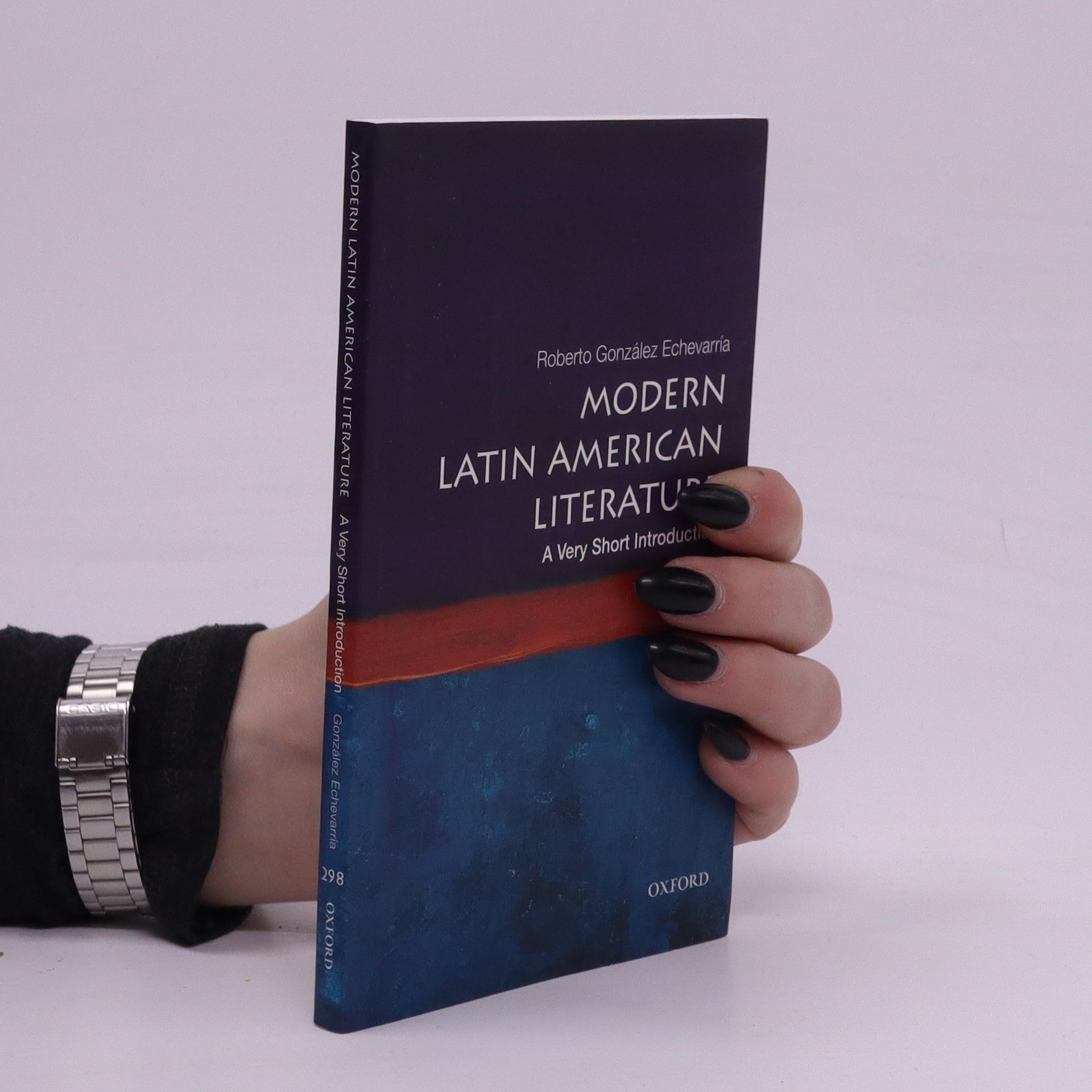This is the true story of how, against all odds, a remote Mexican pueblo built its own autonomous cell phone network—without help from telecom companies or the government. Anthropologist Roberto J. González paints a vivid and nuanced picture of life in a Oaxaca mountain village and the collective tribulation, triumph, and tragedy the community experienced in pursuit of getting connected. In doing so, this book captures the challenges and contradictions facing Mexico's indigenous peoples today, as they struggle to wire themselves into the 21st century using mobile technologies, ingenuity, and sheer determination. It also holds a broader lesson about the great paradox of the digital age, by exploring how constant connection through virtual worlds can hinder our ability to communicate with those around us.
Roberto González Echevarría Livres



This book offers a critical examination of how the US military is harnessing technology and data for modern warfare, urging resistance against these developments. It narrates the race among scientists, programmers, and engineers to create data-driven technologies for virtual conflicts, both domestically and internationally. Roberto J. González provides a compelling account of the autonomous weapons, robotic systems, predictive modeling software, advanced surveillance programs, and psychological operations that are reshaping military engagement. As a cultural anthropologist, González challenges the techno-utopian perspective that these innovations promise less deadly and more efficient warfare. The text reveals the complex high-tech foundations of contemporary military operations and the cultural beliefs that support them. Key topics include automated battlefield robotics, the role of social scientists in defense research, the merging of political consulting and propaganda in the digital age, and the military's use of big data for counterinsurgency strategies. González also highlights the troubling collaboration between the Pentagon and major tech companies, suggesting a future where firms like Google and Amazon could align with leading defense contractors. The book presents a stark vision of an algorithm-driven future, where emerging military technologies pose risks to democratic governance and human survival.
Modern Latin American Literature a Very Short Introduction
- 152pages
- 6 heures de lecture
This Very Short Introduction provides an overview of Latin American literature from the late eighteenth century to the present. Roberto Gonzalez Echevarria covers a wide range of topics, highlighting how Latin American literature became conscious of its continental scope and international reach in moments of political crisis, such as independence from Spain, the Spanish-American War, and the Mexican and Cuban revolutions. With this narrative, the author discusses major writers ranging from Andres Bello and Jose Maria Heredia through Borges and Garcia Marquez to Fernando Vallejo and Roberto Bolano.